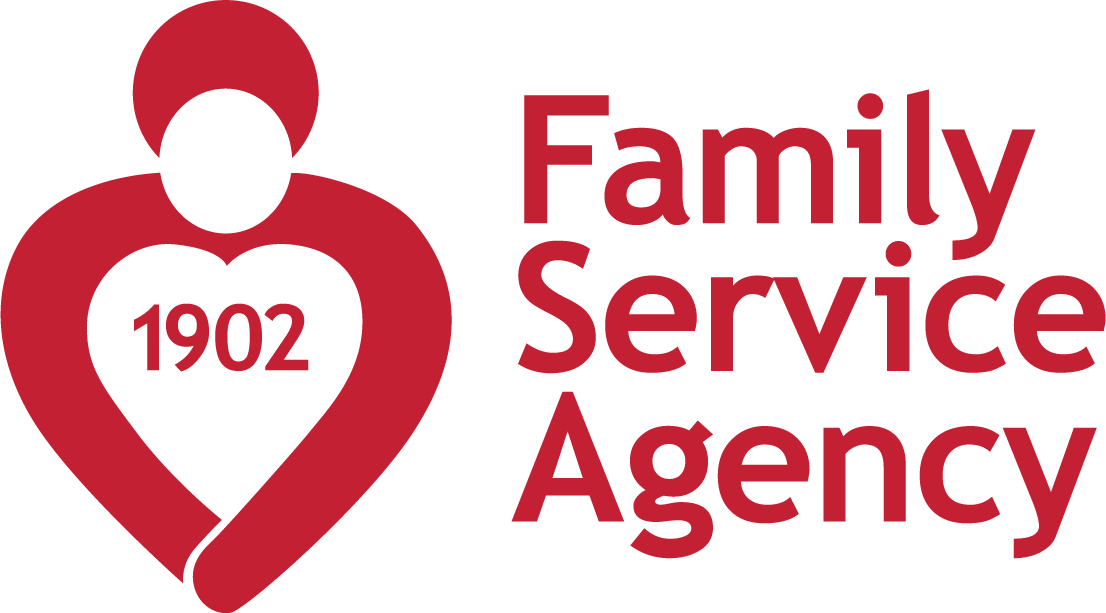Post-Traumatic Stress Disorder (PTSD) is a debilitating mental health condition that affects individuals who have experienced or witnessed a traumatic event. This disorder can have a profound impact on a person’s daily life, relationships, and overall well-being. In this article, we will explore the nature of PTSD and trauma, its symptoms, and available treatments, and provide insights into credible sources to further understand this complex condition.
Defining PTSD and Trauma
PTSD is a psychiatric disorder that can develop in individuals who have experienced or witnessed a traumatic event, such as military combat, natural disasters, serious accidents, physical or sexual assault, or any other life-threatening events. Trauma refers to the emotional response experienced after exposure to a distressing event. Not everyone who experiences trauma will develop PTSD, as individual susceptibility varies.
Recognizing Symptoms
The symptoms of PTSD can manifest in various ways and typically fall into four categories: intrusion, avoidance, negative alterations in cognition and mood, and alterations in arousal and reactivity. Intrusion symptoms may include flashbacks, nightmares, or distressing memories. Avoidance symptoms can lead to efforts to avoid triggers or reminders of the traumatic event. Negative alterations in cognition and mood can cause feelings of guilt, shame, detachment, or a distorted sense of blame. Alterations in arousal and reactivity may manifest as irritability, hypervigilance, or an exaggerated startle response.
Understanding the Impact
PTSD can significantly impact an individual’s quality of life and mental well-being. It often leads to difficulties in personal relationships, work productivity, and overall functioning. Those living with PTSD may experience a range of comorbid conditions, such as depression, anxiety disorders, substance abuse, and suicidal ideation. It is crucial to recognize the severity of this condition and provide appropriate support and treatment to affected individuals.
Seeking Treatment
Several evidence-based treatments have proven effective in managing PTSD and trauma. Cognitive-Behavioral Therapy (CBT) is one commonly utilized approach, which helps individuals identify and modify negative thoughts and behaviors associated with the trauma. Eye Movement Desensitization and Reprocessing (EMDR) is another therapeutic technique that focuses on processing traumatic memories and alleviating their emotional impact. Family Service Agency offers both of these treatments. Medication, such as selective serotonin reuptake inhibitors (SSRIs), may be prescribed to manage associated symptoms.
Conclusion
PTSD and trauma have a profound impact on individuals’ lives, affecting their mental health, relationships, and daily functioning. Recognizing the symptoms, understanding the available treatments, and providing support are vital steps in helping individuals recover from these debilitating conditions. By referencing credible sources like the National Institute of Mental Health, the American Psychiatric Association, Mayo Clinic, the Anxiety and Depression Association of America, and the U.S. Department of Veterans Affairs, we can gain deeper insights into the complexities of PTSD and trauma, fostering empathy, understanding, and effective interventions for those in need.
Sources:
National Institute of Mental Health (NIMH) – The official website of NIMH provides comprehensive information on PTSD, its symptoms, treatment options, and research updates. [Source: www.nimh.nih.gov]
American Psychiatric Association (APA) – The APA offers authoritative resources on PTSD diagnosis, guidelines, and treatment approaches for mental health professionals and the public. [Source: www.psychiatry.org]
Mayo Clinic – As a renowned medical institution, Mayo Clinic provides reliable information on PTSD, including symptoms, causes, diagnosis, and treatment options. [Source: www.mayoclinic.org]
Anxiety and Depression Association of America (ADAA) – ADAA offers a range of resources on PTSD, anxiety, and related disorders, including articles, webinars, and self-help tools. [Source: www.adaa.org]
U.S. Department of Veterans Affairs (VA) – The VA’s National Center for PTSD provides valuable information on PTSD, specifically focused on veterans and their families, including treatment options and support resources. [Source: www.ptsd.va.gov]
